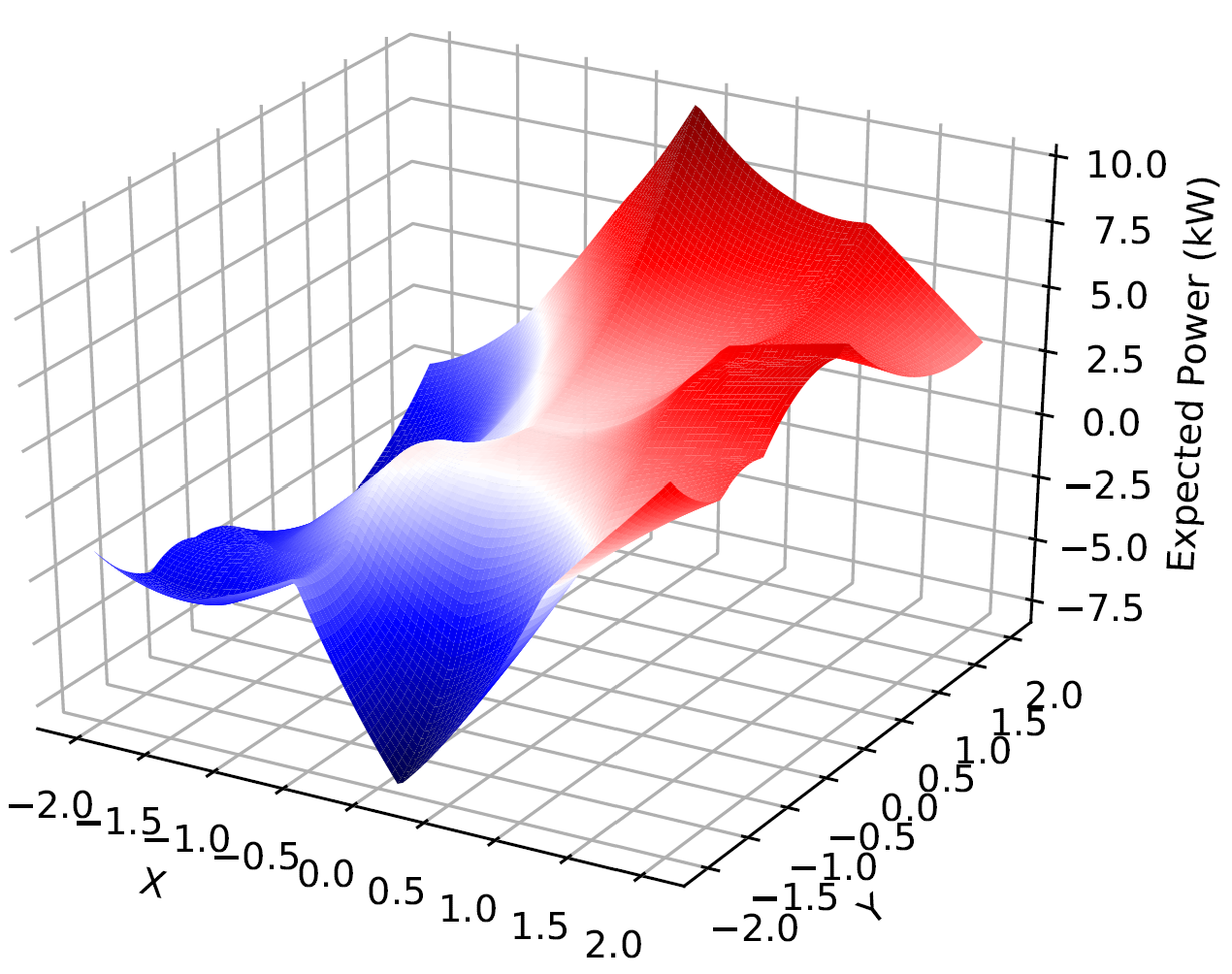Global optimization using mixed integer quadratic programming on non-convex two-way interaction truncated linear multivariate adaptive regression splines
Multivariate adaptive regression splines (MARS) is a flexible statistical modeling method that has been popular for data mining applications. MARS has also been employed to approxmiate unknown relationships in optimzation for complex systems, including surrogate optimization, dynamic programming, and two-stage stochastic programming. Given the increasing desire to optimize real world systems, this paper presents an approach to globally optimize a MARS model that allows up to two-way interaction terms that are products of truncated linear univariate functions (TITL-MARS). Specifally, such a MARS model consists of linear and quadratic structure. This structure is exploited to formulate a mixed integer quadratic programming problem (TITL-MARS-OPT). To appreciate the contribution of TITL-MARS-OPT, one must recognize that popular heurstic optimization approaches, such as evolutionary algorithms, do not guarantee global optimality and can be computationally slow. The use of MARS maintains the flexibility of modeling within TITL-MARS-OPT while also taking advantage of the linear modeling structure of MARS to enable global optimality. Computational results compare TITL-MARS-OPT with a genetic algorithm for two types of cases. First, a wind farm power distribution case study is described and then other TITL-MARS forms are tested. The results show the superiority of TITL-MARS-OPT over the genetic algorithm in both accuracy and computational time.
PDF Abstract